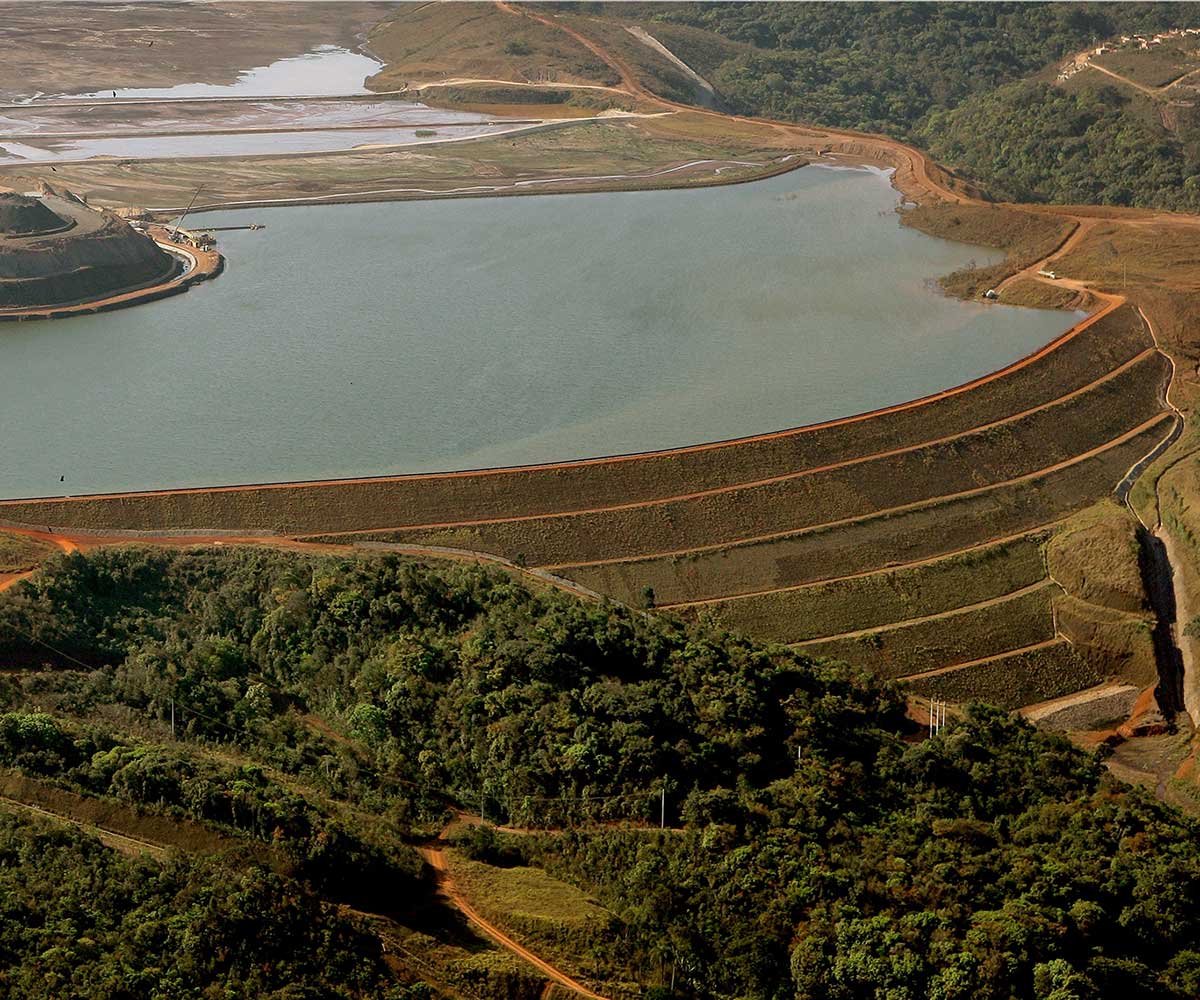World
English High Court Finds BHP Liable for 2015 Brazilian Dam Disaster

The English High Court has ruled that the Australia-based company BHP Mining is liable for the catastrophic collapse of the Fundão Dam in Brazil in 2015, marking a significant legal milestone. The ruling, delivered on October 20, 2023, determined that BHP should be held accountable for an incident that resulted in the deaths of 19 individuals and caused extensive environmental damage, despite the company not owning the dam at the time of the disaster.
In her ruling, Justice Finola O’Farrell stated that the collapse was “reasonably foreseeable,” rejecting BHP’s defense that the event was a “sudden and unexpected” occurrence. The court examined evidence indicating that, more than a year prior to the dam’s failure, it had exhibited signs of distress, including seepage and cracking. A thorough stability analysis conducted at that time would have revealed an unacceptably high risk of collapse.
BHP’s legal arguments faced challenges as the court navigated the complexities of Brazilian environmental law. The court’s decision to apply this law within an English legal framework is unprecedented. Justice O’Farrell emphasized that BHP’s involvement classified it as a “polluter” under Brazilian law, specifically referencing Article 3, IV of the Brazilian Environmental Law, which imposes strict liability irrespective of fault.
This legal precedent is crucial, as it broadens the definition of who can be held liable for environmental disasters. According to the court’s interpretation, those who finance or benefit from activities related to pollution can also be deemed responsible. The English court adopted a comprehensive approach, aligned with Brazilian jurisprudence, which takes into account factors such as control over operations, risk creation, and economic benefits.
BHP owns half of Samarco, the Brazilian company that operated the iron ore mine associated with the dam. The collapse released a massive volume of mine waste into the Doce River, an environmental catastrophe estimated to be equivalent in volume to filling 13,000 Olympic-size swimming pools.
The aftermath of the disaster has been devastating. A report by the Wilson Center highlighted the significant ecological impact, with approximately 29,000 fish carcasses collected from the river. This destruction disrupted the food chain, leading to the demise of birds reliant on these fish for sustenance. The environmental toll is staggering, with reports indicating that up to 80 percent of native vegetation was destroyed. Brazilian prosecutors have estimated the socio-environmental damage to be between 37.6 billion and 60.6 billion reais.
Prior to this landmark decision, various legal proceedings had been initiated against top BHP executives, who faced homicide charges in relation to the deaths linked to the dam’s collapse. However, these charges were later suspended, complicating the pursuit of justice for the victims and their families.
This ruling not only holds BHP accountable but also sets a precedent for how multinational corporations may be scrutinized for their overseas operations, especially in matters related to environmental disasters. The implications of this decision could resonate beyond the borders of Brazil, affecting how corporations navigate their responsibilities in different jurisdictions.
-

 Top Stories4 weeks ago
Top Stories4 weeks agoNew ‘Star Trek: Voyager’ Game Demo Released, Players Test Limits
-

 World4 weeks ago
World4 weeks agoGlobal Air Forces Ranked by Annual Defense Budgets in 2025
-

 World1 month ago
World1 month agoMass Production of F-35 Fighter Jet Drives Down Costs
-

 World4 weeks ago
World4 weeks agoElectrification Challenges Demand Advanced Multiphysics Modeling
-

 Science1 month ago
Science1 month agoTime Crystals Revolutionize Quantum Computing Potential
-

 Business1 month ago
Business1 month agoGold Investment Surge: Top Mutual Funds and ETF Alternatives
-

 Top Stories4 weeks ago
Top Stories4 weeks agoDirecTV to Launch AI-Driven Ads with User Likenesses in 2026
-

 Entertainment4 weeks ago
Entertainment4 weeks agoFreeport Art Gallery Transforms Waste into Creative Masterpieces
-

 Lifestyle4 weeks ago
Lifestyle4 weeks agoDiscover Reese Witherspoon’s Chic Dining Room Style for Under $25
-

 Health4 weeks ago
Health4 weeks agoGavin Newsom Critiques Trump’s Health and National Guard Plans
-

 Business4 weeks ago
Business4 weeks agoUS Government Denies Coal Lease Bid, Impacting Industry Revival Efforts
-

 Lifestyle4 weeks ago
Lifestyle4 weeks agoLia Thomas Honored with ‘Voice of Inspiration’ Award at Dodgers Event









